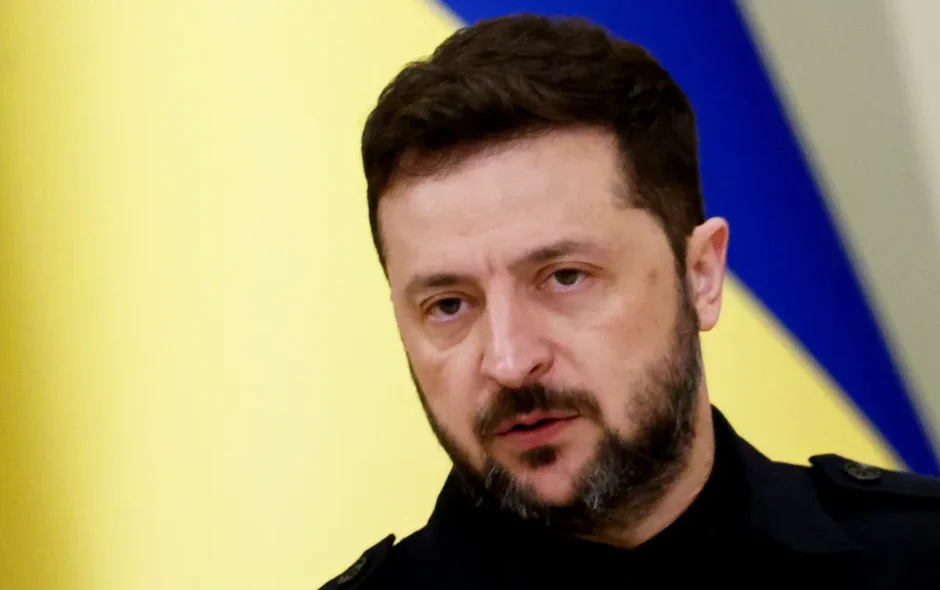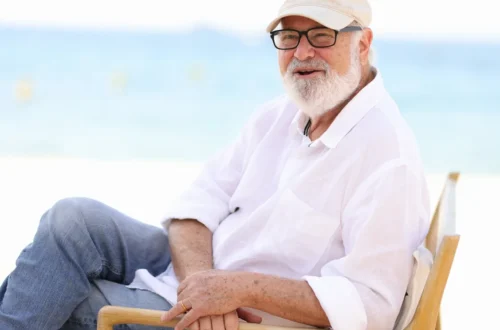Ukrainian President Volodymyr Zelensky has delivered one of his clearest and most uncompromising statements yet on the future of his country’s borders, declaring that no territory will be surrendered, swapped, or ceded in exchange for a peace deal with Russia. Speaking on August 9, 2025, Zelensky rejected the idea that the ongoing war could be resolved by negotiating away parts of Ukraine, calling such proposals both dangerous and fundamentally unacceptable. He framed the defense of Ukraine’s territorial integrity as not merely a matter of national pride but as a principle enshrined in the country’s constitution.
Zelensky said that any agreement that would see Ukraine give up land to Russia is, in his view, an abandonment of the very sovereignty the nation is fighting to protect. He stressed that Ukraine’s internationally recognized borders are not bargaining chips and that any deal that attempts to redraw those lines would not only undermine his country’s security but also send a troubling signal to the rest of the world—that aggressive invasions can be rewarded with permanent territorial gains.
His remarks come at a politically charged moment, just days before former U.S. President Donald Trump is scheduled to meet with Russian President Vladimir Putin in Alaska on August 15. Trump has billed the talks as an opportunity to push for peace, but has floated the idea that “both sides” might need to “accept losses” in order to reach an agreement. That suggestion, interpreted by many as a call for territorial concessions, has been met with outright rejection in Kyiv.
Zelensky has repeatedly stated that Ukraine must be directly involved in any negotiations aimed at ending the war, warning that attempts to strike deals without his country’s participation are doomed to fail. He referred to such efforts as “stillborn decisions,” agreements that may be signed on paper but will have no chance of surviving in practice. Excluding Ukraine, he argued, would not only betray the nation’s sacrifices but also destabilize the long-term prospects for peace in Europe.
The Ukrainian president’s position has been bolstered by strong signals from European allies, many of whom have voiced support for a peace process that includes Kyiv at the negotiating table and upholds Ukraine’s sovereignty in full. For Zelensky, these alliances remain a vital part of resisting what he sees as an attempt by Russia to redraw the map of Europe through force. He has framed the war as not just a fight for Ukraine’s independence, but also a broader battle to defend the post–World War II international order, in which borders are not altered by military conquest.
Zelensky’s rejection of any territorial swap is rooted in both immediate and historical concerns. Ukraine’s loss of Crimea in 2014, following Russia’s annexation of the peninsula, still looms large in the country’s political consciousness. That event, viewed by Kyiv as an illegal seizure, is often cited as proof that conceding territory does not end aggression but instead emboldens it. By standing firm now, Zelensky aims to avoid what he believes would be a repeat of that pattern.
Inside Ukraine, the president’s message resonates strongly among a population that has endured more than three years of full-scale war, with thousands killed and millions displaced. For many Ukrainians, the defense of their territory is inseparable from the defense of their identity and culture. Giving up land, even in exchange for an end to the fighting, is seen by many as compromising the sacrifices made since the invasion began in February 2022.
The upcoming Alaska meeting between Trump and Putin is expected to draw international attention, as it marks one of the highest-profile attempts yet to open new channels for negotiation. However, without Ukraine’s participation, Zelensky has made it clear that any outcome from those talks will not be recognized in Kyiv. His position leaves little room for compromise on the central issue of territory, setting the stage for potential friction with international mediators who may see land concessions as a pragmatic, if controversial, route to ending the war.
In the days leading up to the Alaska talks, Ukrainian officials have continued to press their case to allies and the international community, stressing that a lasting peace can only be achieved if Russia withdraws from all occupied territories and respects Ukraine’s pre-2014 borders. Zelensky has underscored that while Ukraine remains open to dialogue, it will not do so from a position of weakness or under conditions that legitimize Russia’s actions.
As the war grinds on, Zelensky’s firm rejection of territorial concessions serves both as a rallying cry to his own citizens and as a warning to the world: peace must be built on justice, not on rewarding aggression. In his view, the survival of Ukraine as a sovereign nation depends on holding the line—not just on the battlefield, but at the negotiating table.




